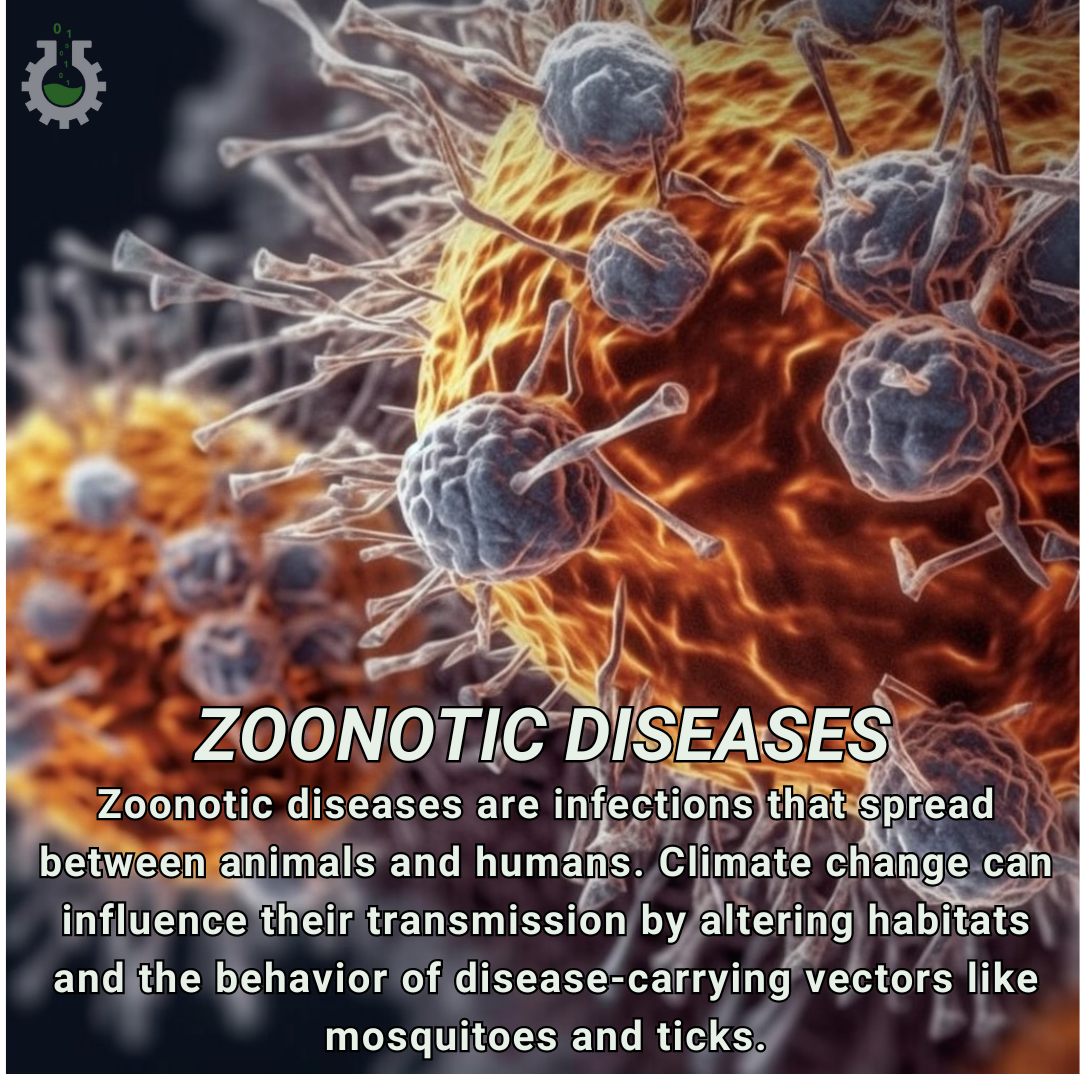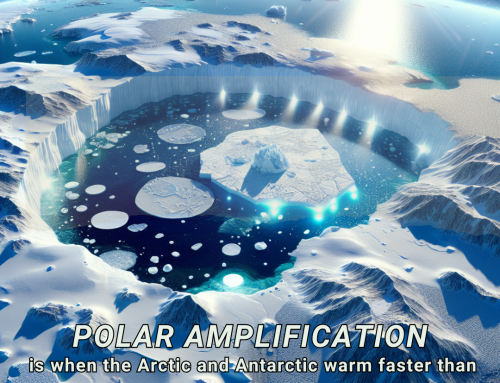Project Description
Zoonotic diseases are infections that can be transmitted between animals and humans. They include pathogens like viruses, bacteria, parasites, and fungi. Climate change can impact the distribution and prevalence of zoonotic diseases by altering habitats, host ranges, and vector behaviors. For example, warmer temperatures and changes in precipitation patterns can expand the geographic range of disease vectors like mosquitoes and ticks, increasing the transmission of diseases such as malaria, dengue fever, Lyme disease, and Zika virus. Additionally, climate-induced disruptions to ecosystems can lead to human-wildlife interactions that facilitate the spillover of pathogens from animals to humans.








